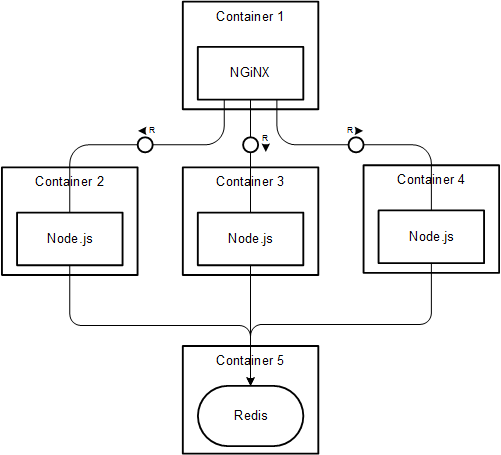Similar to stat(). The `st_dev` and `st_blksize` fields are ignored. The `st_ino` field is ignored except if the 'use_ino' mount option is given. In that case it is passed to userspace, but libfuse and the kernel will still assign a different inode for internal use (called the "nodeid").
`fi` will always be NULL if the file is not currenly open, but may also be NULL if the file is open.
int (*getattr) (const char *, struct stat *, struct fuse_file_info *fi);
##Read the target of a symbolic link The buffer should be filled with a null terminated string. The buffer size argument includes the space for the terminating null character. If the linkname is too long to fit in the buffer, it should be truncated. The return value should be 0 for success.
